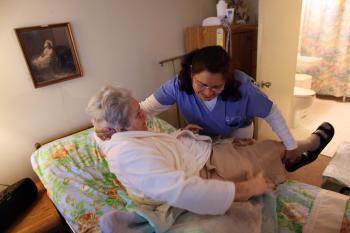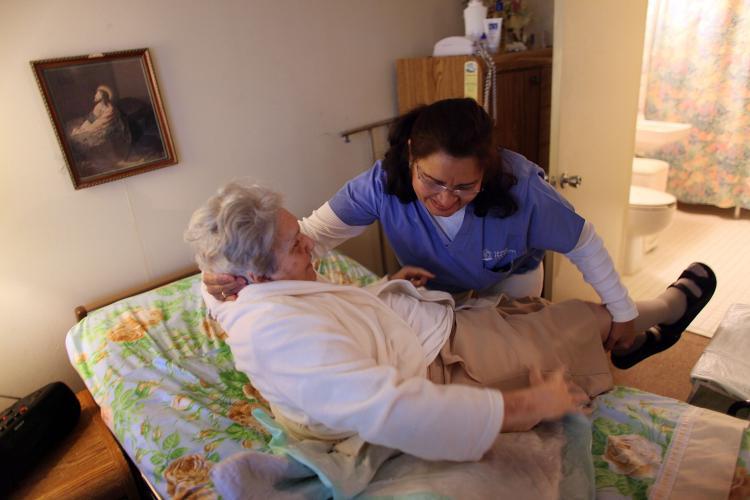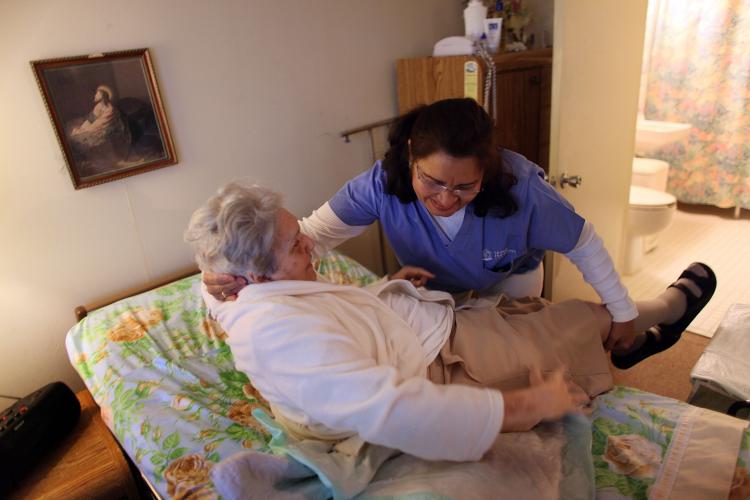[xtypo_dropcap]
Care for the Elderly a National Disgrace
The outcome of the investigation is the subject of the just released Report into Aged Care—What does the future hold for older New Zealanders?

An Aged Care Commissioner and the development of an aged care strategy needed say report. Getty
|Updated:





